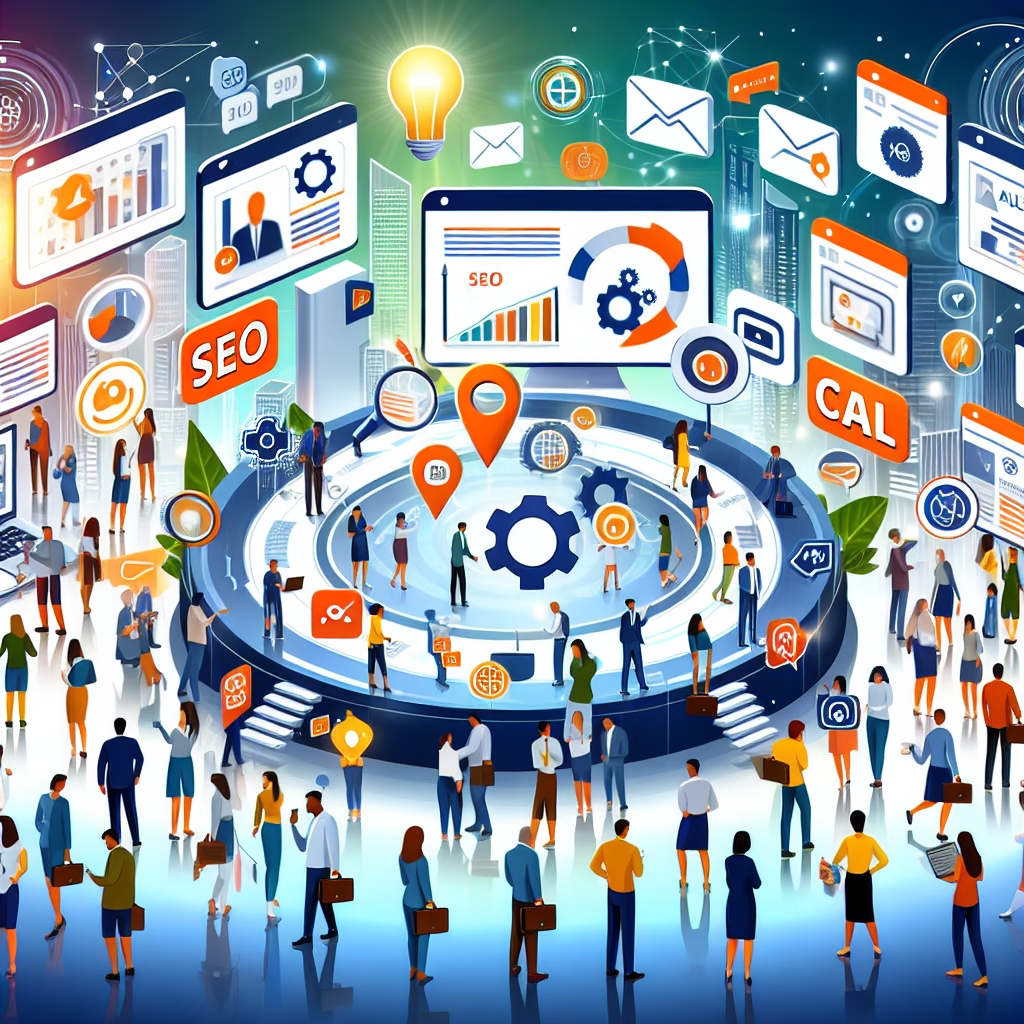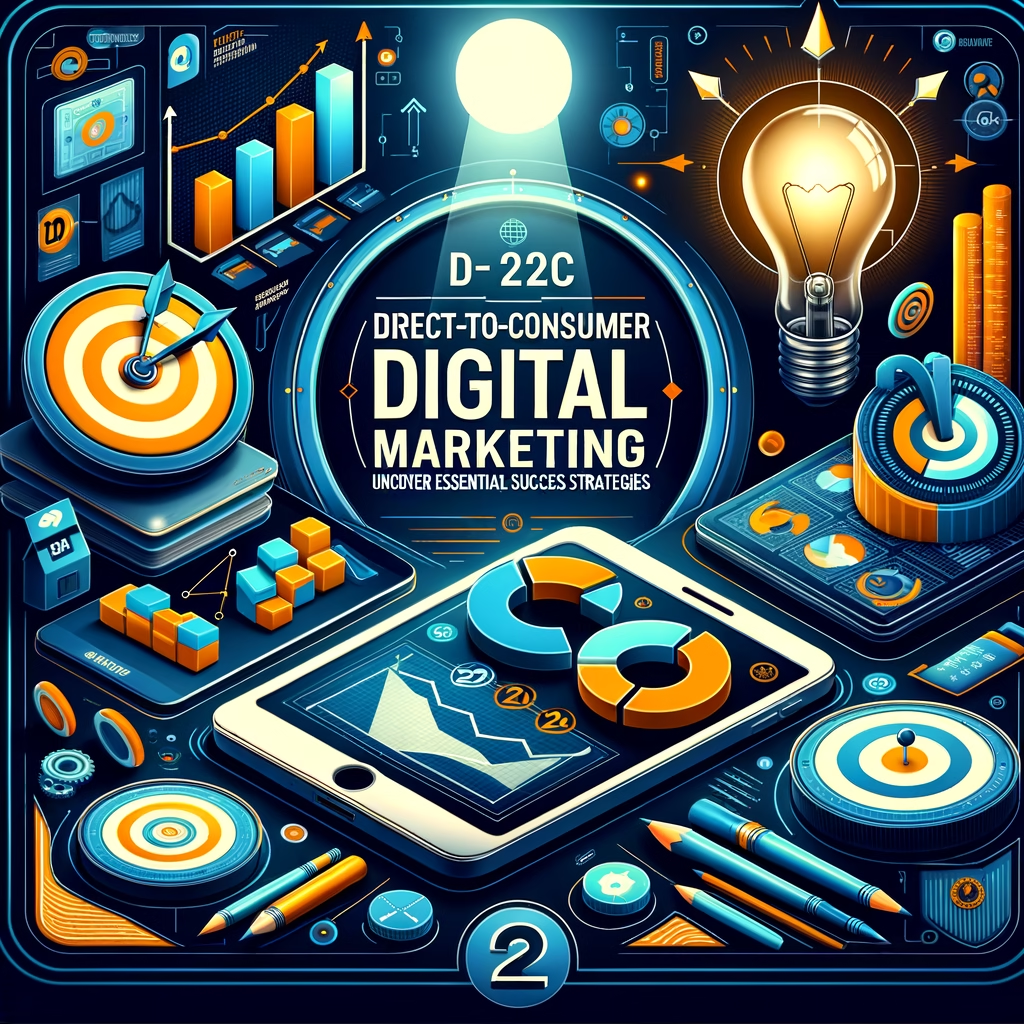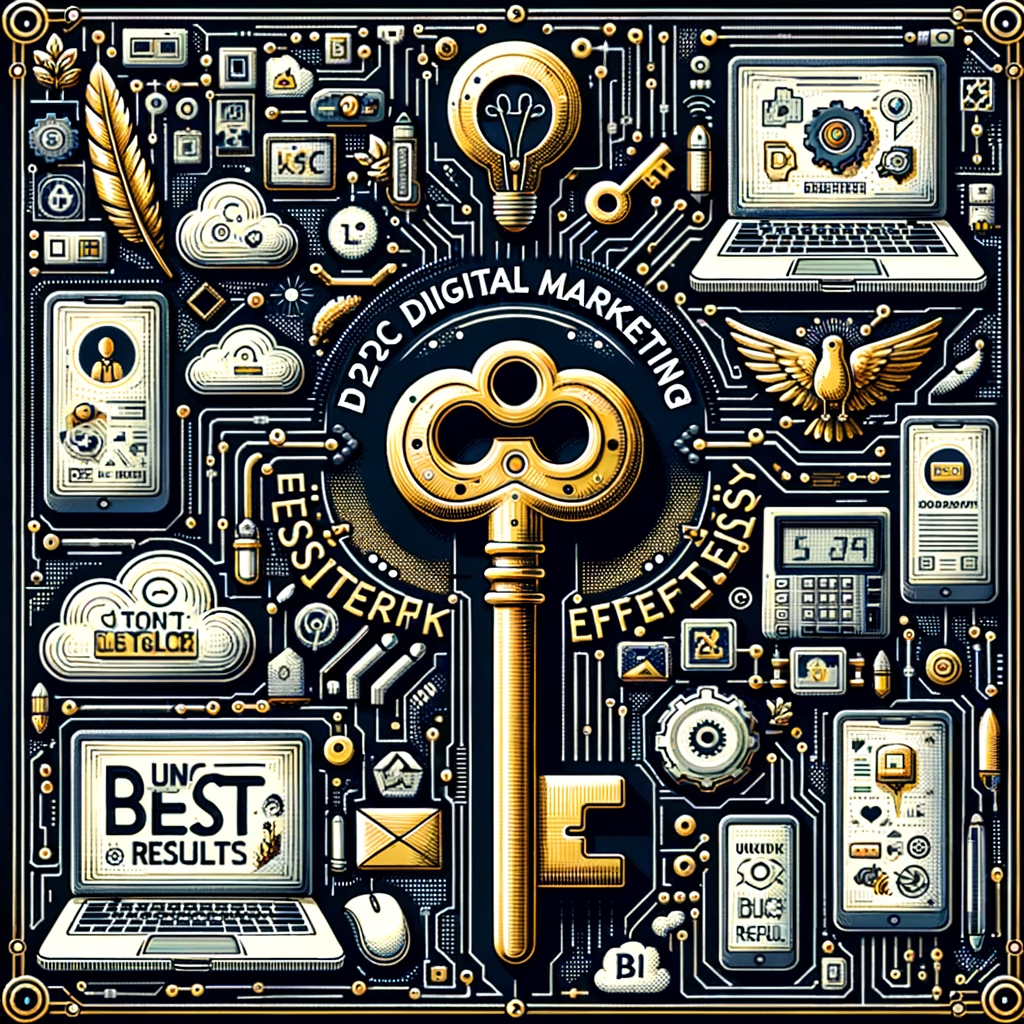- Understanding the Importance of B2B Digital Marketing
- The Landscape of B2B Digital Marketing
- Developing a Multi-Channel Strategy
- Harnessing the Power of Data and Analytics
- Personalization Through Data
- Measuring Success
- The Role of Innovative Technologies
- Building an Integrated Ecosystem
- Collaborative Efforts
- Innovation and Adaptability
- Overcoming Challenges
- Conclusion
B2B Digital Marketing: Leveraging Innovative Strategies for Success
B2B digital marketing has revolutionized how businesses connect and engage with potential partners. Innovative strategies are at the core of this transformation, enabling companies to streamline their approach and enhance their reach in a hyper-competitive market.
Understanding the Importance of B2B Digital Marketing

With the rapid evolution of technology, B2B interactions have shifted significantly from traditional methods to more dynamic and digitally-driven approaches. Companies are now embracing online platforms, social media, and digital tools to foster relationships, generate leads, and ultimately drive sales. The need for innovative strategies has never been more evident.
The Landscape of B2B Digital Marketing
In today’s digital age, businesses are provided with a plethora of options when crafting their marketing strategies. The saturation of digital channels means that innovation is not just a luxury but a necessity. Businesses must adopt a fresh perspective to stand out and maintain relevance.
Developing a Multi-Channel Strategy
One of the innovative strategies involves creating a comprehensive multi-channel approach. This ensures that potential clients can connect through their preferred platforms, providing a seamless and integrated experience.
1. Email Campaigns and Automation:
Email remains a powerful tool in B2B marketing. Automation allows for personalized, timely, and relevant content that nurtures leads and strengthens client relationships. Customized drip campaigns ensure the delivery of content based on where prospects are in their buyer journey.
2. Content Marketing with Thought Leadership:
Sharing valuable insights and expertise positions a brand as a thought leader in its industry. Producing high-quality white papers, eBooks, and blogs demonstrates authority and attracts an informed audience. Content should be optimized for SEO to increase visibility and engagement.
3. Social Media Strategy:
Although often underestimated in B2B circles, social media platforms like LinkedIn, Twitter, and even Instagram can greatly enhance business visibility and credibility. Engaging content and interactive posts help in building a community around the brand.
Harnessing the Power of Data and Analytics
Data-driven decision-making is integral to developing effective digital marketing strategies. Innovations in data analytics provide an in-depth understanding of client behavior and preferences, offering actionable insights that enhance targeting and personalization.
Personalization Through Data
Customization has become synonymous with customer satisfaction. By leveraging data, businesses can tailor their offerings to meet specific client needs, thereby improving engagement and increasing the likelihood of conversion.
Measuring Success
Key performance indicators (KPIs) are vital in understanding the efficacy of marketing strategies. Tools like Google Analytics, HubSpot, and Salesforce provide comprehensive insights into campaign performances, facilitating necessary adjustments for optimal outcomes.
The Role of Innovative Technologies
Technological advancements constantly redefine digital marketing landscapes. Staying ahead of the curve means embracing new technologies and adapting quickly to changes. Here are some cutting-edge technologies enhancing B2B strategies:
1. Artificial Intelligence (AI) and Machine Learning:
AI technologies streamline processes, automate customer interactions, and provide predictive analytics. Chatbots handle queries in real-time, while algorithms personalize content and recommendations.
2. Augmented Reality (AR) and Virtual Reality (VR):
These technologies offer immersive experiences that enable potential clients to engage with products or services in a virtual space, leading to better understanding and engagement.
3. Account-Based Marketing Platforms:
ABM platforms provide personalized marketing campaigns to specific accounts. This targeted approach enhances efficiency and leads to higher ROI by focusing resources on high-value prospects.
Building an Integrated Ecosystem
To maximize success, businesses must develop an ecosystem that harmonizes all digital channels, tools, and strategies. This integration ensures consistency in messaging and a more cohesive customer journey.
Collaborative Efforts
Internal collaboration between sales and marketing teams is crucial for alignment. Clear communication avoids disjointed strategies, ensuring a unified approach across platforms.
Innovation and Adaptability
Constant innovation is the hallmark of successful digital marketing strategies. Regularly updating technologies and adapting to new trends ensures that the approach remains relevant and effective.
Overcoming Challenges
Despite the numerous opportunities offered by digital marketing innovations, challenges remain:
1. Cybersecurity Risks:
Increased online activity heightens the risk of cyber threats. Ensuring robust cybersecurity measures is vital to protect sensitive company and client data.
2. Resistance to Change:
Some organizations have hesitated in fully embracing digital transformation due to reluctance to deviate from traditional methods. Overcoming this requires clear communication of benefits and gradual integration.
3. Resource Allocation:
Balancing investments between different strategies and tools is challenging. Prioritizing based on data and predicted ROI can streamline resource allocation.
Conclusion
Innovative strategies are transforming B2B digital marketing, offering a multitude of ways to reach and engage potential partners. By holistically incorporating technology, data analytics, and multi-channel approaches, companies can unlock impressive success and remain competitive in a digital-first world. Businesses ready to invest in and adapt to these advancements will secure a strong, enduring presence in their respective industries.



